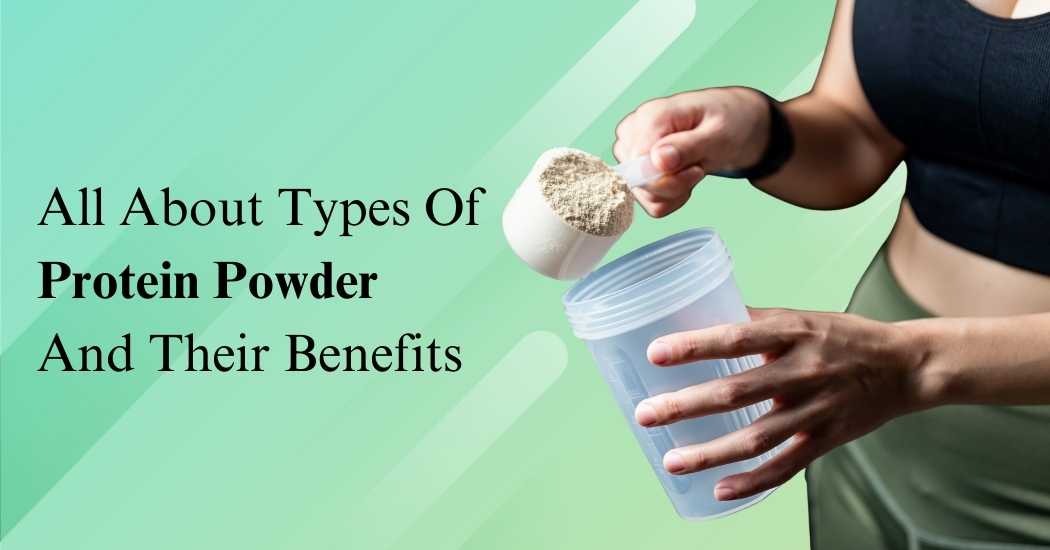
In the world of health and fitness, protein powder has become a staple for many individuals striving to meet their nutritional needs efficiently. Its popularity stems from its convenience, versatility, and numerous benefits. However, with the abundance of options available, choosing the right protein powder can be daunting. This guide aims to explore the various types of protein powder and their respective advantages to assist you in making an informed decision.
Whey Protein
Whey protein stands out as one of the most favored types of protein powder due to its exceptional properties. It is derived from milk during the cheese-making process and is considered a complete protein, containing all essential amino acids crucial for the body’s functions. Known for its rapid absorption, whey protein is highly recommended for post-workout recovery.
Benefits of Whey Protein:
– Fast absorption aids in quick muscle recovery.
– Rich in branched-chain amino acids (BCAAs) essential for muscle growth.
– Supports immune function and overall health.
Casein Protein
In contrast to whey protein, casein protein offers a slower release of amino acids into the bloodstream. This slow digestion makes it an excellent choice for sustained protein delivery, such as before bedtime, ensuring muscles receive a steady supply of nutrients over an extended period.
Benefits of Casein Protein:
– Provides a prolonged release of amino acids for sustained muscle support.
– Promotes satiety and aids in weight management.
– May prevent muscle breakdown during periods of fasting.
Soy Protein
Soy protein serves as a viable option for individuals following a plant-based diet or those with lactose intolerance. Derived from soybeans, it is a complete protein and boasts various health benefits, making it a popular choice among health-conscious consumers.
Benefits of Soy Protein:
– Supports heart health by lowering LDL cholesterol levels.
– Contains phytoestrogens that may alleviate menopausal symptoms.
– Rich in antioxidants, contributing to overall cellular health.
Pea Protein
Pea protein, derived from yellow peas, offers another plant-based alternative rich in essential amino acids. Its hypoallergenic nature and easy digestibility make it suitable for individuals with dietary restrictions or sensitivities.
Benefits of Pea Protein:
– Supports muscle growth and repair due to its high leucine content.
– Regulates blood sugar levels, making it beneficial for diabetics.
– Aids in weight loss by promoting satiety.
Hemp Protein
Derived from hemp seeds, hemp protein boasts a unique nutritional profile rich in omega-3 and omega-6 fatty acids, along with fiber. Its eco-friendly cultivation practices make it an attractive choice for environmentally conscious consumers.
Benefits of Hemp Protein:
– Supports heart health by reducing inflammation and improving cholesterol levels.
– Contains gamma-linolenic acid (GLA) that may alleviate PMS symptoms.
– Provides a sustainable protein source with numerous health benefits.
Conclusion
In conclusion, protein powder offers a convenient and effective means of increasing protein intake and supporting various health and fitness goals. Whether you opt for whey, casein, soy, pea, or hemp protein, each type provides unique benefits catering to different dietary preferences and lifestyles. By understanding these differences, you can select the protein powder that best aligns with your needs. Remember to incorporate it as part of a balanced diet and active lifestyle for optimal results.
FAQ:
Protein powders come in various forms such as whey, casein, soy, pea, hemp, and rice protein.
Whey protein is derived from milk during the cheese-making process. It’s popular due to its quick absorption and high concentration of essential amino acids, making it ideal for post-workout recovery.
Soy protein is plant-based and suitable for vegetarians and vegans. However, individuals with soy allergies or concerns about phytoestrogens may need to choose an alternative protein source.
Protein powder can aid in muscle repair and growth, support weight management by promoting satiety, and provide a convenient source of protein for those with busy lifestyles.
While protein powder is generally safe for most people, excessive consumption may lead to digestive issues such as bloating or discomfort. It’s essential to follow recommended serving sizes and drink plenty of water.












